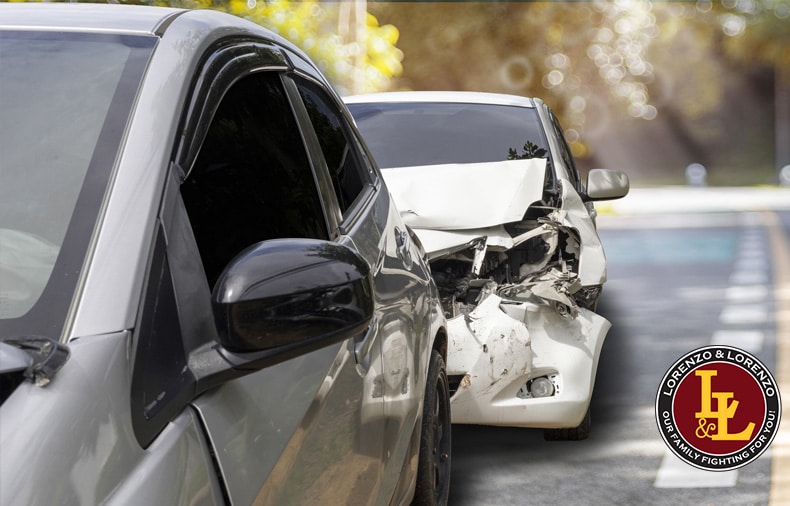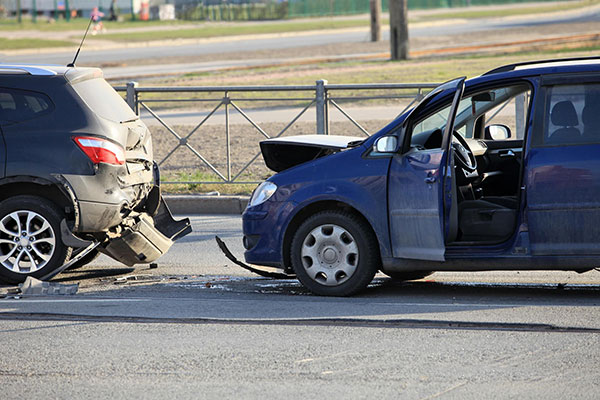
How to prove liability and get maximum compensation after a brake-check accident
Florida drivers often encounter other motorists making decisions that place everyone on the road in jeopardy. Brake checking is an action that might be done in a fit of road rage or to startle a driver who is perceived as following too closely. Either way, brake checking can easily lead to an accident, and the risk goes up when the driver behind the other vehicle is also tailgating.
If you’ve been in this type of accident, you might find yourself struggling to figure out how to file a claim and prove that brake checking occurred. Learning more about how to respond to a brake-check incident on the road can help you avoid an accident and know how to handle it if you sustain a personal injury due to someone else’s thoughtless behavior.
How is brake checking defined?
Brake checking involves a driver aggressively hitting their brakes in an effort to shock the other driver behind them. In some instances, a driver might do this with the intention of pranking a driver they already know, such as a friend or family member. This action is often seen among younger drivers who might not fully understand the dangers involved.
Some drivers may also brake check to punish a driver behind them who they feel is driving too close to their bumper. Although tailgating is also a hazard on the road, brake checking isn’t the answer. Drivers should change lanes when it’s safe to do so rather than potentially causing an accident by brake checking.
Is brake checking illegal in Florida?
Performing a brake check is illegal in the state of Florida, and it’s considered a form of aggressive driving that could also be linked to road rage.
The law applies whether a driver is doing it as a joke or trying to scare a driver as a punitive measure. If you rear-end someone who hits their brakes aggressively, then you have a legal right to seek compensation from that person for your vehicle damages and personal injuries.
What types of accidents are associated with brake checking?
Rear-end collisions are the most common types of accidents you’ll see with brake checking. If the driver of the vehicle in the back tries to avoid the collision, then they may also swerve off the road and hit street signs and other objects.
Rear-end accidents are one of the most common car crashes in Florida
“Fender benders” happen on a daily basis as commuters head home after a long day of work or get stuck in bumper-to-bumper traffic on the highway.
In most rear-end accidents, determining fault is a fairly simple matter – the individual responsible for hitting the vehicle in front is liable for the damages.
However, this is not always the case.
A brake-checking accident may also involve multiple cars, especially during times when the road conditions are hazardous.
Once one driver slams on their brakes, drivers in the other cars behind them might also be forced to do so, which creates a domino effect. Multi-car accidents are most notable during slippery road conditions, when even people who aren’t tailgating may find it hard to stop their vehicle safely.
Who’s liable for brake-checking accidents in Florida?
If someone in front of you performed a brake check that led to an accident that involved significant vehicle damage or personal injuries, then they might be held liable.
Since brake checking is illegal, they could be designated as being at fault for at least some portion of the accident.
5 steps to prove fault in a car accident
Although most automobile accidents are “accidental,” determining who is at fault is important for a number of reasons. The liable, or “at fault,” party is responsible for the costs the other party incurred as a result of the accident.
Florida is a comparative negligence state regarding vehicle collisions. This means that each person’s responsibility is assessed during a vehicle collision case, and then each person’s settlement offer, or lack of, will be made accordingly.
For instance, if you were found to be 25% at fault for a brake-check accident because you were speeding and tailgating at the time of the accident, your final compensation would be reduced by your percentage of fault, which in this case is 25%.
As with any type of investigation, it is possible that the results might vary from what you remember happening or feel is fair. A Tampa car accident lawyer can help determine whether or not you have a legal right to file a claim and assist you with proving the other driver’s negligence.
How do you prove fault in a brake-checking accident?
In most rear-end accidents, the person in the back is usually held liable for the damages because they should always be in control of their vehicle and leave enough space between their car and the car in front of them.
However, brake-check accidents are handled a little differently since the action of the party in front might have caused the person in the back to not have enough time to stop safely.
Below are some common ways to show fault in a Florida brake-checking accident:
- Video footage. Footage from dashcams and other surveillance cameras can be helpful in proving that the person performed a brake check.
- Police reports. Obtaining a copy of the police report can also be helpful since it might provide more clues regarding the speed that your vehicle was going at the time or when and how each party hit their brakes.
- Witness statements. Eye witness statements are another possible way to prove fault. Witnesses to an accident may be able to vouch for your claims that someone hit their brakes aggressively before the collision occurred.
There’s no police report: Can I sue?
After an accident, a police report can expedite the claims process, but it’s not required for someone to sue.
How long do you have to file a claim after a car accident in Florida?
There’s a statute of limitations on how long you have to file a claim for the court to hear your case after you experience a Florida car accident.
According to Florida law, an injured person has 4 years from the date of the accident to file a personal injury lawsuit.
It is rare for a court to hear your case after the deadline.
Also, be aware that the statute of limitations might be even shorter if you are filing a claim against a driver that was working for a city, state or county when the accident occurred.
Time is of the essence for filing a claim against a driver that engages in brake checking that causes an accident. A lawyer familiar with Florida laws and the distribution of fault in an accident can help you determine the best way to proceed with building a case for compensation to cover your injuries.
Contact an experienced Florida car accident attorney
At Lorenzo & Lorenzo, our experienced personal injury attorneys have a proven track record of success in helping people in Tampa receive the compensation they deserve after a motor vehicle accident. Your initial consultation is always free, and we won’t charge you a fee unless we win your case.








